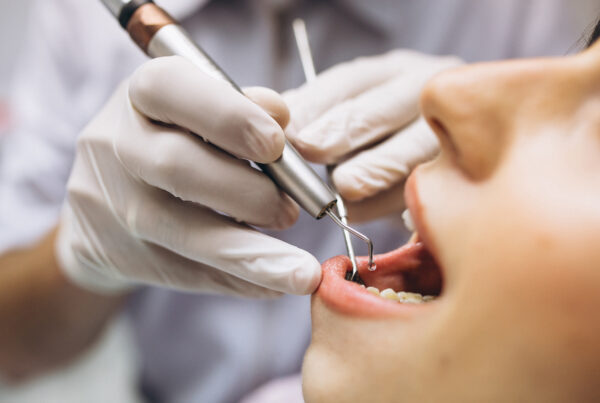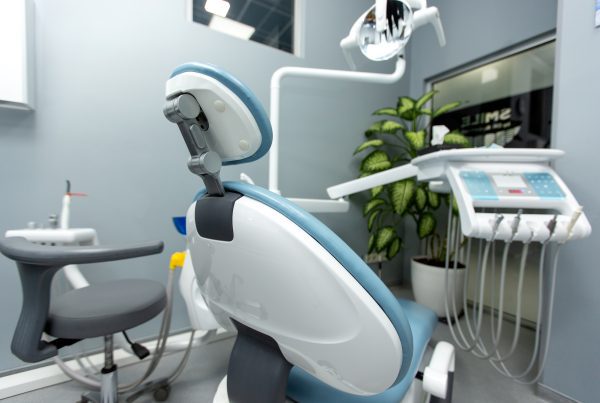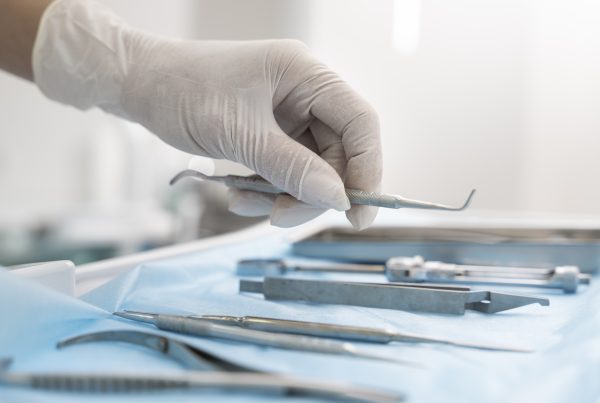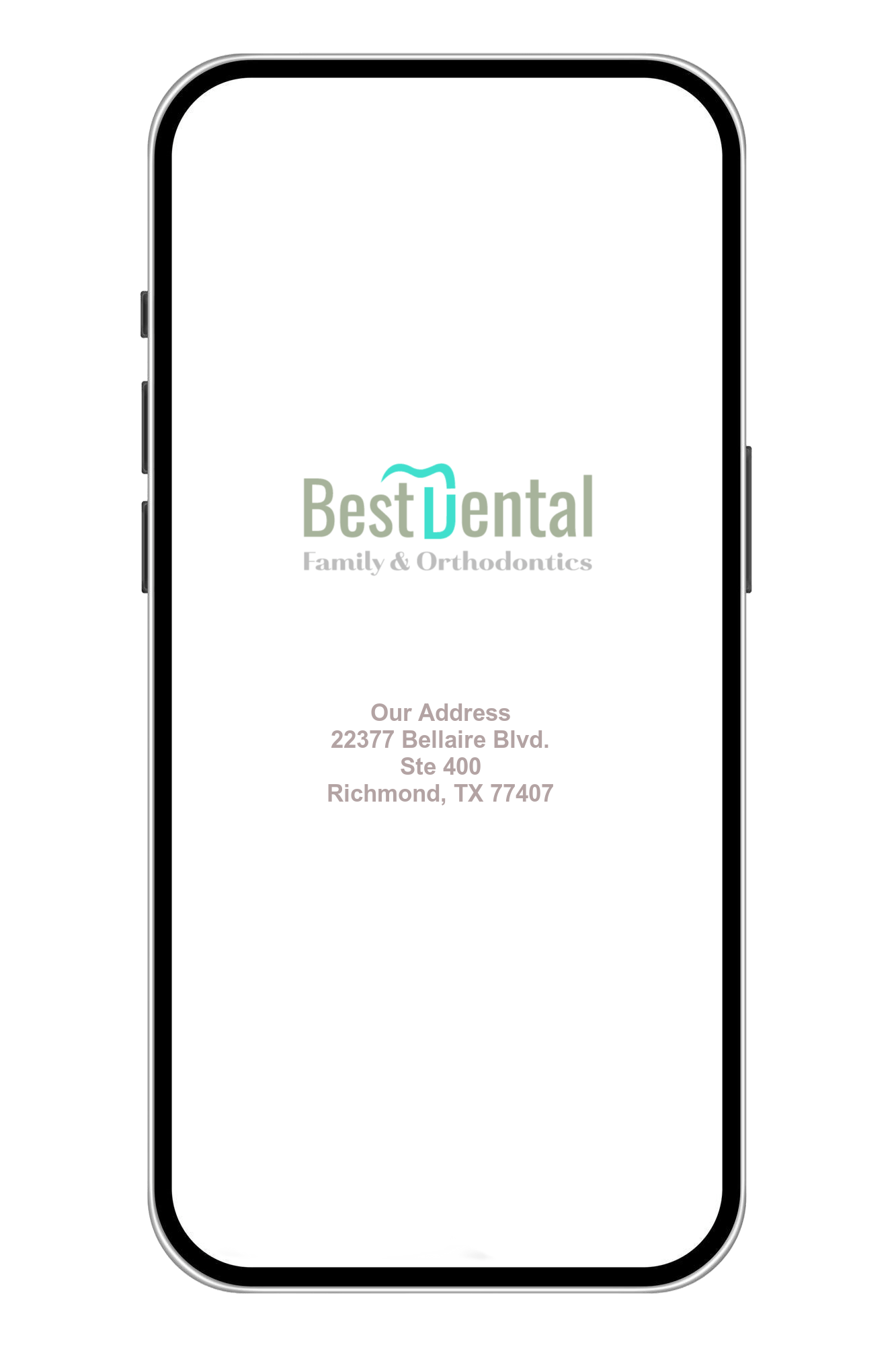Why Does My Tooth Hurt When I Bite Down? 7 Common Causes
Are you experiencing a sharp pain every time you bite down on food? That uncomfortable sensation might be trying to tell you something important about your oral health. At Best Dental, Dr. Jasmine Naderi and our caring team understand how disruptive tooth pain can be to your daily life.
When a tooth hurts during chewing or biting, it's typically your body's way of signaling that something isn't right. While it might be tempting to ignore the discomfort or manage it with over-the-counter pain relievers, these solutions only mask the symptoms temporarily without addressing the underlying cause.
Let's explore the seven most common reasons your tooth might hurt when you bite down and what you can do about each condition.

Your Bite is Off Balance (High Tooth or Restoration)
After getting a new filling or crown, you might notice pain when chewing. This often happens because the restoration sits slightly higher than your natural bite, causing excessive pressure each time your teeth come together.
What it feels like: Sharp pain concentrated on a specific tooth when biting down, especially after recent dental work.
How we help: At Best Dental, Dr. Naderi uses special marking paper to identify high spots in your bite. With gentle, precise adjustments, we can rebalance your bite so pressure distributes evenly across all teeth, eliminating that targeted pain.
Tooth Decay Has Reached Deep Layers
A cavity doesn’t always hurt in its early stages, but once decay penetrates deeper into the tooth, pain during chewing becomes more common.
What it feels like: Sensitivity to sweet foods, lingering pain after eating, or discomfort when pressure is applied to the affected tooth.
How we help: Dr. Naderi can remove the decayed portion of your tooth and place a filling to restore both function and comfort. For larger cavities, we might recommend a crown to provide additional protection and strength.


A Dental Abscess Has Formed
When bacteria reach the inner pulp of your tooth, an infection can develop at the root tip, creating a painful abscess.
What it feels like: Intense, throbbing pain when biting down, possible swelling in the gums, and sometimes a small pimple-like bump on the gum near the painful tooth. You might notice a salty taste if the abscess drains.
How we help: To save an abscessed tooth, Dr. Naderi performs root canal therapy to remove the infected tissue and seal the tooth against further infection. This procedure has a high success rate and can preserve your natural tooth for years to come.
Your Tooth Has Developed a Crack
Cracked teeth can be challenging to diagnose because the fracture may not be visible to the naked eye or even on standard X-rays.
What it feels like: Sharp pain when you release bite pressure (rather than when you first bite down), discomfort with certain foods, and sensitivity to temperature.
How we help: At Best Dental, Dr. Naderi uses specialized tools and techniques to identify even hairline cracks. Depending on the severity and location of the crack, treatment options include bonding, crowns, or in some cases, root canal therapy.

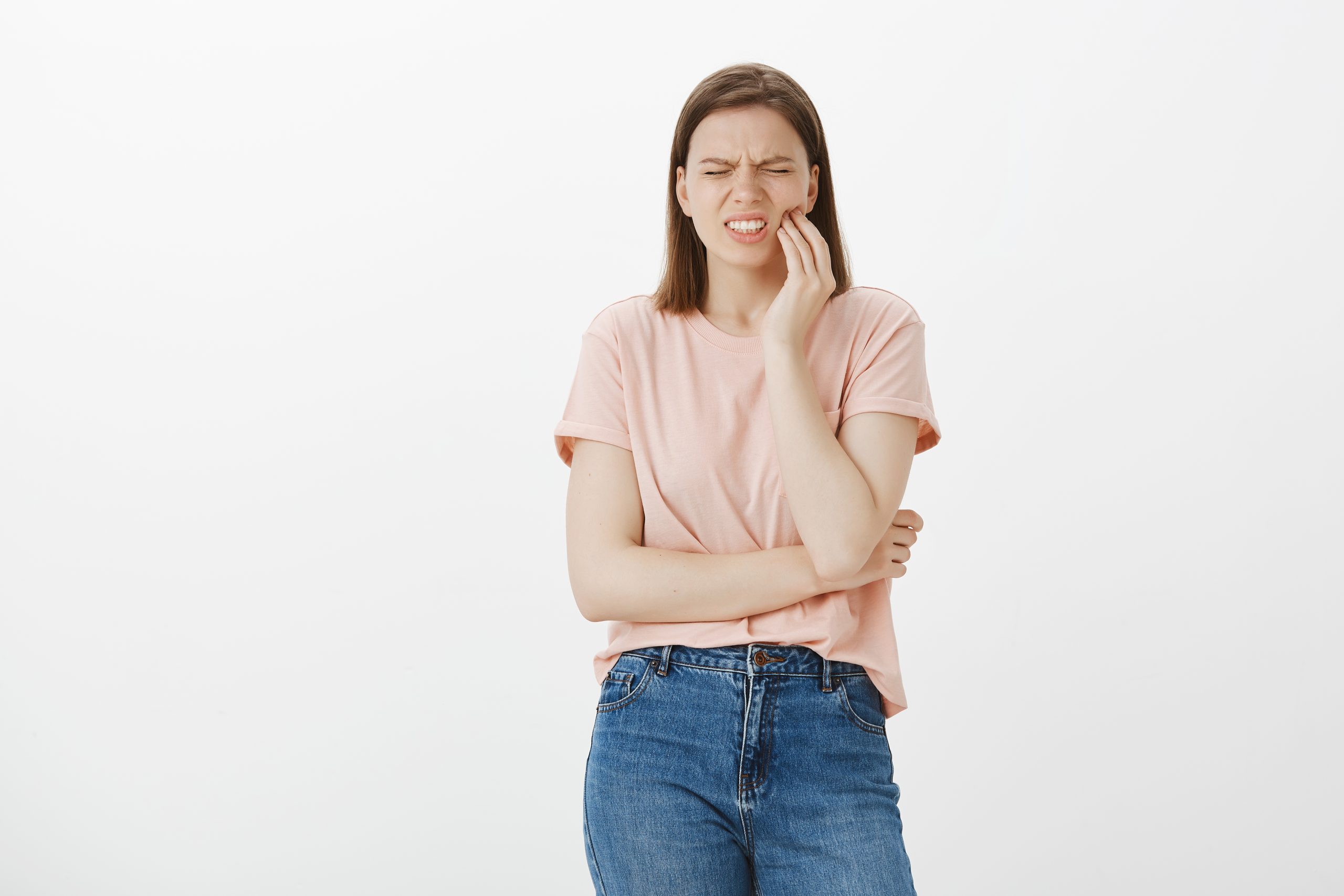
Gum Disease Is Affecting Tooth Support
Periodontal disease damages the supporting structures around your teeth, which can lead to pain during chewing as teeth become less stable.
What it feels like: Discomfort when applying pressure to teeth, possibly accompanied by bleeding gums, bad breath, or visible gaps between teeth.
How we help: Dr. Naderi offers comprehensive periodontal treatment, from professional deep cleanings to more advanced therapies for severe cases. Our goal is to halt disease progression and restore gum health.
.
Sinus Pressure Is Radiating to Upper Teeth
Sometimes what feels like tooth pain isn’t a dental problem at all. The roots of your upper molars sit close to your sinus cavities, and sinus inflammation can create pressure that mimics toothache.
What it feels like: Pain or sensitivity in multiple upper back teeth, especially during sinus infections or allergy seasons. The discomfort often changes with position (lying down vs. standing up).
How we help: Dr. Naderi can determine whether your pain is actually tooth-related or stemming from sinus issues. If sinuses are the culprit, we can recommend appropriate treatment options or refer you to a specialist if needed.


Receding Gums Have Exposed Sensitive Root Surfaces
When gums pull back from teeth, the sensitive root surfaces become exposed, leading to discomfort when eating or drinking.
What it feels like: Sharp, sudden pain when food or beverages (especially cold ones) contact specific areas of your teeth.
How we help: At Best Dental, we offer treatments for receding gums ranging from desensitizing agents to gum grafting procedures in severe cases. Dr. Naderi can also help identify and address the causes of your recession to prevent further exposure.
